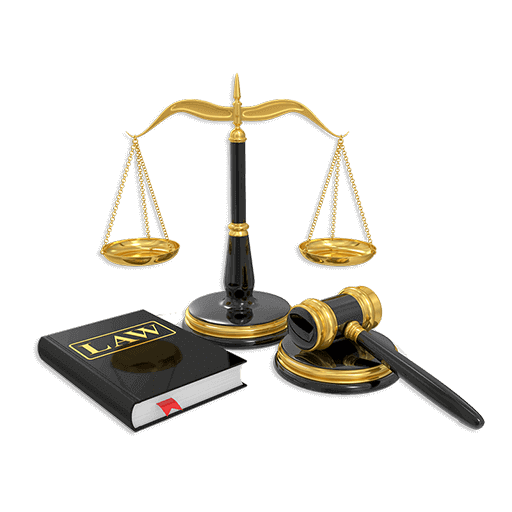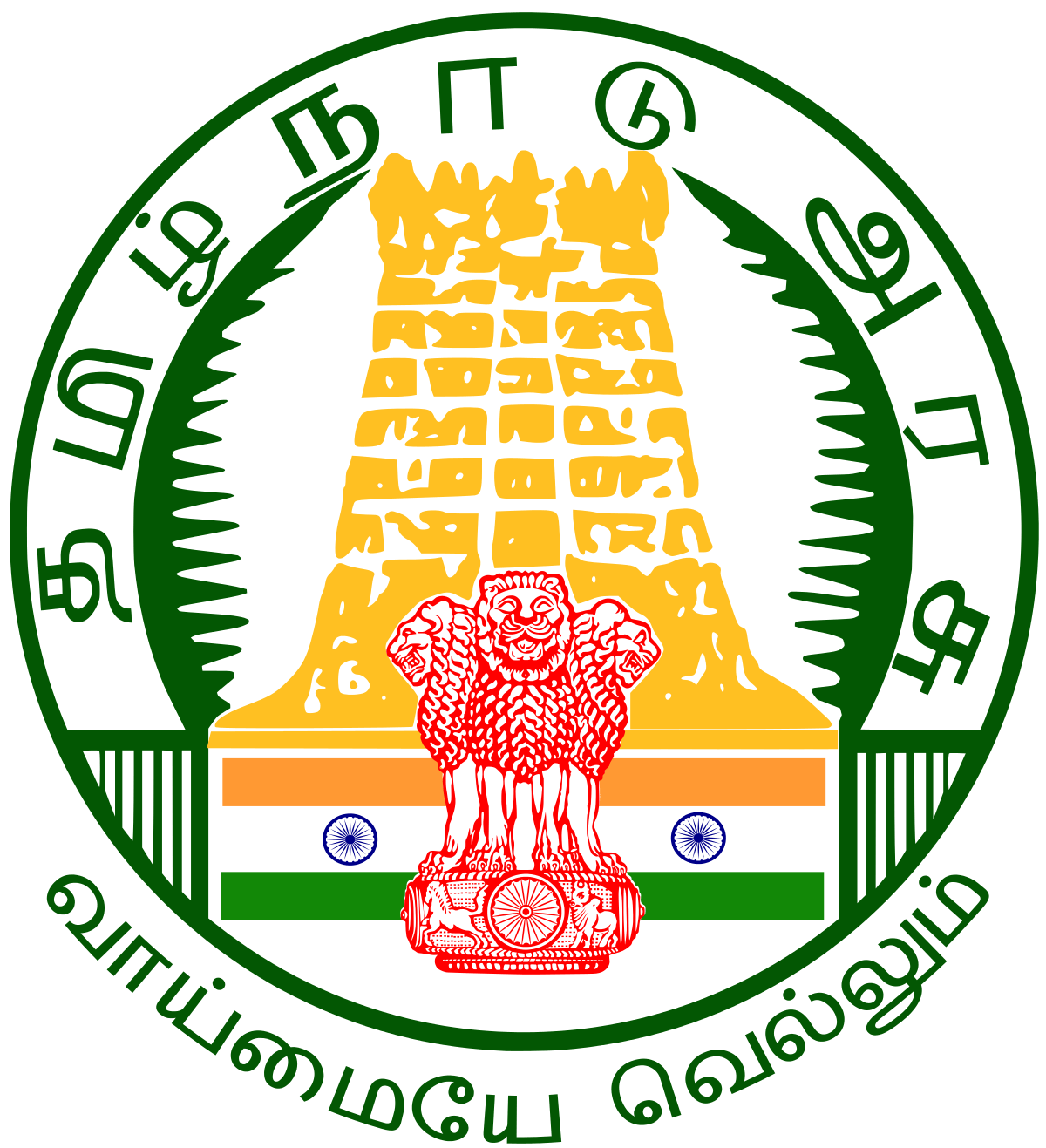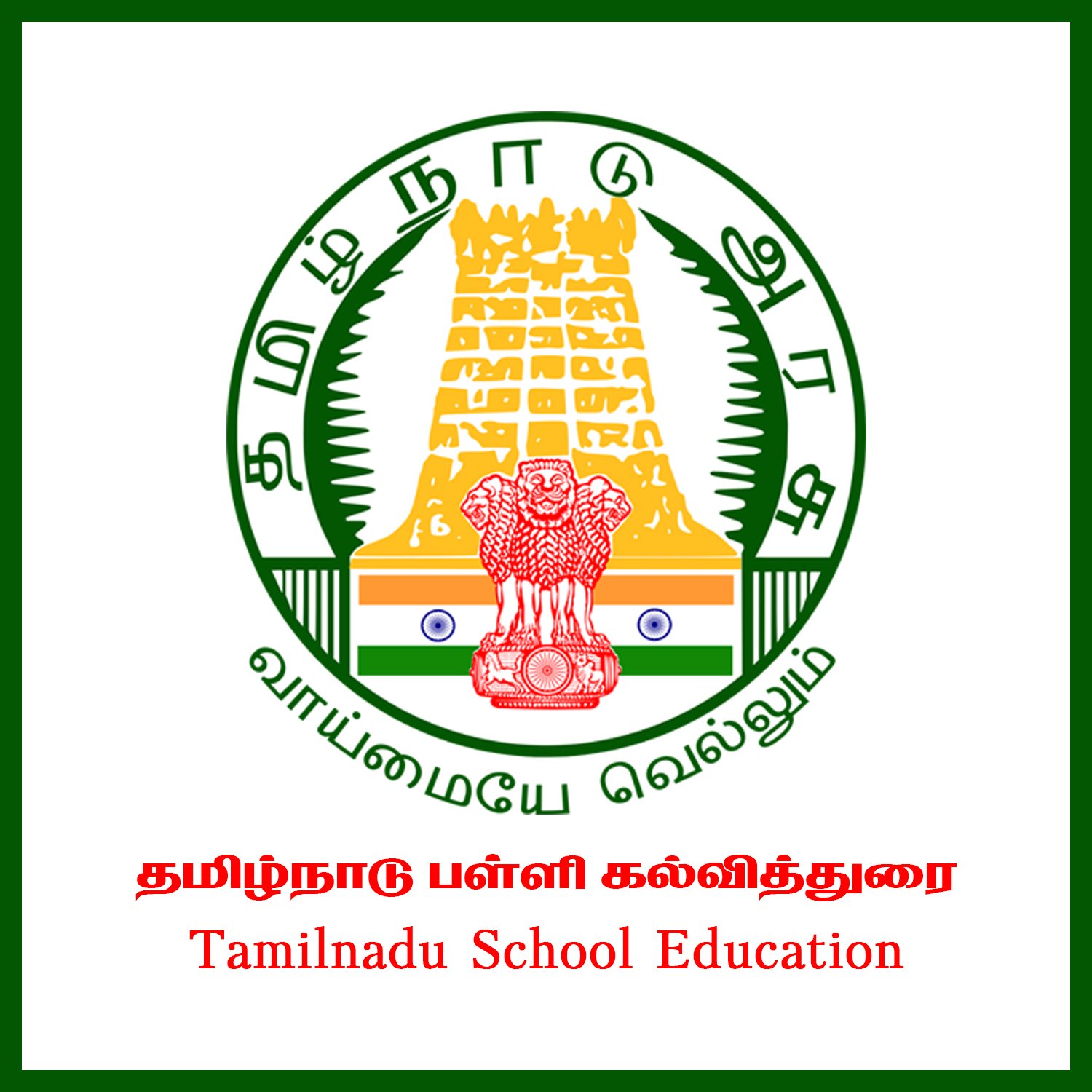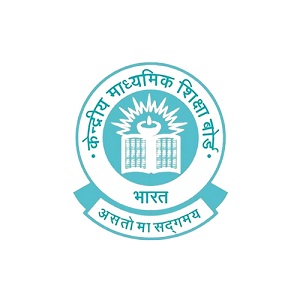- State Board
-
12th Standard
-

Biology
-

Computer Applications
-

Computer Science
-

Business Maths and Statistics
-

Commerce
-

Economics
-

Maths
-

Chemistry
-

Physics
-

Computer Technology
-

History
-

Accountancy
-

Tamil
-

Maths
-

Chemistry
-

Physics
-

Biology
-

Computer Science
-

Business Maths and Statistics
-

Economics
-

Commerce
-

Accountancy
-

History
-

Computer Applications
-

Computer Technology
-

English
12th Standard stateboard question papers & Study material
தமிழ் Subjects
English Subjects
-
-
11th Standard
-

Maths
-

Biology
-

உயிரியல் - தாவரவியல்
-

Economics
-

Physics
-

Chemistry
-

History
-

Business Maths and Statistics
-

Computer Science
-

Accountancy
-

Commerce
-

Computer Applications
-

Computer Technology
-

Tamil
-

Maths
-

Commerce
-

Economics
-

Biology
-

Business Maths and Statistics
-

Accountancy
-

Computer Science
-

Physics
-

Chemistry
-

Computer Applications
-

History
-

Computer Technology
-

Tamil
-

English
11th Standard stateboard question papers & Study material
தமிழ் Subjects
English Subjects
-
-
9th Standard
-

-

-

-

-

-

-

Maths
-

Science
-

Social Science
-

Maths
-

Science
-

Social Science
9th Standard stateboard question papers & Study material
தமிழ் Subjects
English Subjects
-
-
6th Standard
-

Maths
-

Science
-

Social Science
-

Maths
-

Science
-

Social Science
6th Standard stateboard question papers & Study material
தமிழ் Subjects
English Subjects
-
-
10th Standard
-

Maths
-

Science
-

Social Science
-

Tamil
-

Maths
-

Science
-

Social Science
-

English
-

English
10th Standard stateboard question papers & Study material
தமிழ் Subjects
English Subjects
-
-
7th Standard
-

Maths
-

Science
-

Maths
-

Science
-

Social Science
7th Standard stateboard question papers & Study material
தமிழ் Subjects
English Subjects
-
-
8th Standard
-

கணிதம் - old
-

Science
-

Social Science
-

கணிதம்
-

Maths
-

Science
-

Social Science
8th Standard stateboard question papers & Study material
தமிழ் Subjects
English Subjects
-
-
12th Standard
- CBSE Board
-
12th Standard CBSE
-

Biology
-

Physics
-

Chemistry
-

Maths
-

Accountancy
-

Introductory Micro and Macroeconomics
-

Business Studies
-

Economics
-

Computer Science
-

Geography
-

English
-

History
-

Indian Society
-

Physical Education
-

Sociology
-

Tamil
-

Bio Technology
-

Engineering Graphics
-

Entrepreneurship
-

Hindi Core
-

Hindi Elective
-

Home Science
-

Legal Studies
-

Political Science
-

Psychology
12th Standard CBSE Subject Question Paper & Study Material
-
-
11th Standard CBSE
-

Mathematics
-

Chemistry
-

Biology
-

Physics
-

Business Studies
-

Accountancy
-

Economics
-

Computer Science
-

Bio Technology
-

English
-

Enterprenership
-

Geography
-

Hindi
-

History
-

Home Science
-

Physical Education
-

Political Science
-

Psychology
-

Sociology
-

Applied Mathematics
11th Standard CBSE Subject Question Paper & Study Material
-
- 10th Standard CBSE
-
9th Standard CBSE
-

Mathematics
-

Social Science
-

Science
-

English
-

Hindi
9th Standard CBSE Subject Question Paper & Study Material
-
-
8th Standard CBSE
-

Science
-

Social Science
-

Mathematics
-

English
8th Standard CBSE Subject Question Paper & Study Material
-
-
7th Standard CBSE
-

Mathematics
-

Science
-

Social Science
-

English
7th Standard CBSE Subject Question Paper & Study Material
-
-
6th Standard CBSE
-

Mathematics
-

Science
-

Social Science
-

English
6th Standard CBSE Subject Question Paper & Study Material
-
-
12th Standard CBSE
- Free Online Test
- News
- Study Materials
-
Students
-

Stateboard Tamil Nadu
-

CBSE Board
-

Free Online Tests
-

Educational News
-

Scholarships
-

Entrance Exams India
-

Video Materials
Study Materials , News and Scholarships
-
-
Students

12th Standard Economics English Medium - Fiscal Economics 1 Mark Book Back Question Paper and Answer Key 2022 - 2023 Study Materials Sep-02 , 2022
QB365 provides a detailed and simple solution for every Possible Book Back Questions in Class 12 Economics Subject - Fiscal Economics, English Medium. It will help Students to get more practice questions, Students can Practice these question papers in addition to score best marks.
Fiscal Economics 1 Mark Book Back Question Paper With Answer Key
12th Standard
-
Reg.No. :
Economics
Time :
00:20:00 Hrs
Total Marks :
20
-
The modern state is
(a)Laissez-faire state
(b)Aristocratic state
(c)Welfare state
(d)Police state
-
One of the following is NOT a feature of private finance
(a)Balancing of income and expenditure
(b)Secrecy
(c)Saving some part of income
(d)Publicity
-
The tax possesses the following characteristics
(a)Compulsory
(b)No quid pro quo
(c)Failure to pay is offence
(d)All the above
-
Which of the following canons of taxation was not listed by Adam smith?
(a)Canon of equality
(b)Canon of certainty
(c)Canon of convenience
(d)Canon of simplicity
-
Consider the following statements and identify the correct ones.
(i) Central government does not have exclusive power to impose tax which is not mentioned in state or concurrent list.
(ii) The Constitution also provides for transferring certain tax revenues from union list to states.(a)i only
(b)ii only
(c)both
(d)none
-
GST is equivalence of
(a)Sales tax
(b)Corporation tax
(c)Income tax
(d)Local tax
-
The direct tax has the following merits except
(a)equity
(b)convenient
(c)certainty
(d)civic consciousness
-
Which of the following is a direct tax?
(a)Excise duty
(b)Income tax
(c)Customs duty
(d)Service tax
-
Which of the following is not a tax under Union list?
(a)Personal Income Tax
(b)Corporation Tax
(c)Agricultural Income Tax
(d)Excise duty
-
"Revenue Receipts" of the Government do not include
(a)Interest
(b)Profits and dividents
(c)Recoveries and loans
(d)Rent from property
-
The difference between revenue expenditure and revenue receipts is
(a)Revenue deficit
(b)Fiscal deficit
(c)Budget deficit
(d)Primary deficit
-
The difference between total expenditure and total receipts including loans and other liabilities is called
(a)Fiscal deficit
(b)Budget deficit
(c)Primary deficit
(d)Revenue deficit
-
The primary purpose of deficit financing is
(a)Economic development
(b)Economic stability
(c)Economic equality
(d)Employment generation
-
Deficit Budget means
(a)An excess of government's revenue over expenditure
(b)An excess of government's current expenditure over its current revenue
(c)An excess of government's total expenditure over its total revenue
(d)None of above
-
Methods of repayment of public debt is
(a)Conversion
(b)Sinking fund
(c)Funded debt
(d)All these
-
Conversion of public debt means exchange of
(a)New bonds for the old ones
(b)Low interest bonds for higher interest bonds
(c)Long term bonds for short term bonds
(d)All the above
-
The word budget has been derived from the French word "bougette" which means
(a)A small bag
(b)An empty box
(c)A box with papers
(d)None of the above
-
Which one of the following deficits does not consider borrowing as a receipt?
(a)Revenue deficit
(b)Budgetary deficit
(c)Fiscal deficit
(d)Primary deficit
-
Finance Commission determines
(a)The finances of Government of India
(b)The resources transfer to the states
(c)The resources transfer to the various departments
(d)None of the above
-
Consider the following statements and identify the right ones.
(i) The finance commission is appointed by the President
(ii) The tenure of Finance commission is five years(a)i only
(b)ii only
(c)both
(d)none
Multiple Choice Question
20 x 1 = 20
*****************************************
Answers
-
(c)
Welfare state
-
(d)
Publicity
-
(d)
All the above
-
(d)
Canon of simplicity
-
(b)
ii only
-
(a)
Sales tax
-
(b)
convenient
-
(b)
Income tax
-
(c)
Agricultural Income Tax
-
(d)
Rent from property
-
(a)
Revenue deficit
-
(a)
Fiscal deficit
-
(a)
Economic development
-
(c)
An excess of government's total expenditure over its total revenue
-
(d)
All these
-
(b)
Low interest bonds for higher interest bonds
-
(a)
A small bag
-
(c)
Fiscal deficit
-
(b)
The resources transfer to the states
-
(c)
both






 12th Standard Economics Syllabus
12th Standard Economics Syllabus  12th Standard Economics Study Materials
12th Standard Economics Study Materials 12th Standard Economics MCQ Practise Tests
12th Standard Economics MCQ Practise Tests 

Reviews & Comments about 12th Standard Economics English Medium - Fiscal Economics 1 Mark Book Back Question Paper and Answer Key 2022 - 2023
Write your Comment